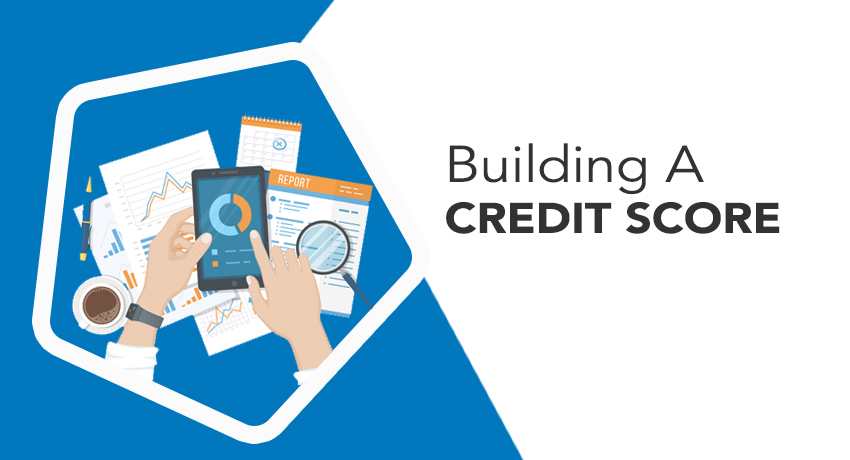A credit score is a numerical figure ranging anywhere between 300 and 900. The higher the score, the better the chances of a person to avail of credit in the form of a loan. Any score which is 750 or above is considered a good credit score.
The credit score is based on the credit history of a person. This includes the number of open accounts, total debt, repayment history along with several other factors. Lenders like banks use credit scores to evaluate the probability of an individual repaying the loan. Thus, the better the score, the better the chances of availing of a loan.
Wondering if there is any way to improve your credit score? You can improve your credit score—start by consolidating your debts.
Steps to build good credit history and credit score
Needless to say that a good credit score helps you get loan approvals and credit cards way faster. But building a good credit history takes time. Money lending organizations like banks hesitate a little to lend money to applicants who have poor or no credit history at all. The reason is that, before giving any approval, the lender checks the credit history. They analyze the creditworthiness of individuals.
Here are a few tips that will help you build one!
1. Apply for a Credit Card
A credit card is a basic and staple product that helps build a good credit history, One of the hassle-free ways of building creditworthiness. What you may not know is that you can apply for two kinds of credit cards: unsecured and secured.
- Unsecured Credit Card: On your journey to build a credit score, applying for an unsecured credit card is wise; however, beginners cannot get easy approval on any credit. And to secure a credit card with the best interest rates, the applicants must have a credit score of 750 or above.
- Secured Credit Card: This option works well for those who are either businessmen or working on a consultant basis. To get quick approval on a credit card, you are required to give some collateral against the credit card, like some sort of fixed deposit. The limit of the credit card will be the amount of your fixed deposit in that scenario.
2. Avoid applying for multiple credit applications
Suppose you apply multiple credit applications. Then financial institutions like banks or NBFCs may consider you credit-hungry. This can significantly affect your credit score also. Give at least a six-month gap in the filing of any credit applications.
3. Learn the details of your credit report
Understanding how a credit report will help you build a good credit score. At the fundamental level, what a credit report shows is your credit history. It has information about the loans you have availed of and your repayment history. The major credit bureaus are CIBIL, Experian, Equifax, and CRIF. As per the Credit Information Act, you can download one credit report for free in the year on the website of all these credit bureaus.
Conclusion
Maintaining credit discipline is essential to building a good credit history. When your credit score is not what you would like it to be, take steps to enhance your credit score. Reading the credit reports regularly helps point out any inadvertent discrepancy. The major factors that need to be considered in a credit report are- repayment history, borrowings, length of credit history, credit limit utilization, and total debt determine a credit score. All these steps boost your credit history and credit score.
